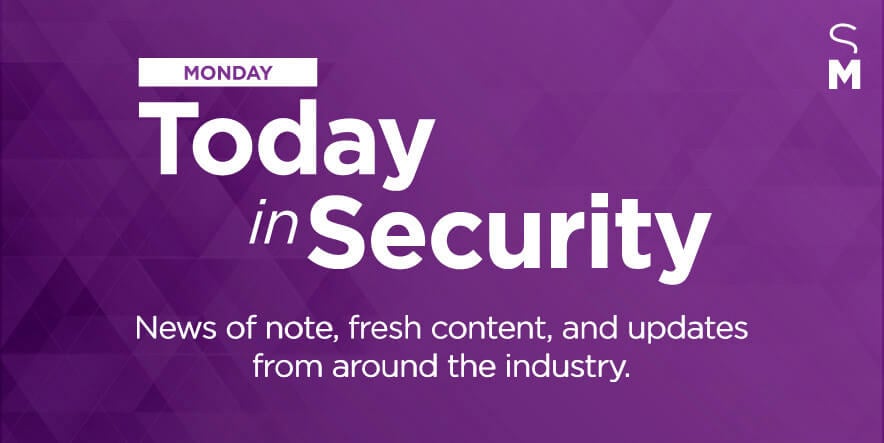People Distrust by Default, Study Finds
“Trust, but verify.” It may as well be the motto of intelligence and security professionals everywhere. But, according to the 2022 Edelman Trust Barometer, the sentiment is catching on worldwide.
Nearly six in 10 people say their default tendency is to distrust something until they see evidence it is trustworthy, the report found, contributing to what researchers called a “cycle of distrust.” In addition to this widespread skepticism, 64 percent of people say society has reached a point where people are incapable of having constructive, civil debates about issues they disagree on—the ability to collaborate or debate has been deeply undercut by recent events.
Today, we launched the 2022 #TrustBarometer, which finds a world ensnared by a vicious cycle of distrust, fueled by diminishing faith in government and media. The expectations of business to lead have never been higher. Learn more: https://t.co/oMrPq1gsnX
— Edelman (@EdelmanPR) January 18, 2022
This cycle of distrust has been fueled by government and media, survey respondents said. Nearly half of all respondents say these institutions are divisive forces in society; and government leaders and journalists are viewed as the least trustworthy societal leaders, according an Edelman overview of the Trust Barometer.
Regarding news in particular, no major information source is trusted as a source of general news and information. People are most trustful of search engines (59 percent), followed by traditional media (57 percent), owned media (43 percent), and social media (37 percent). Concerns about fake news being used as a weapon are at an all-time high—76 percent. The concern about fake news is highest in Spain (84 percent of respondents agreed that they worry about the issue), followed by Indonesia and Malaysia.
Out of all of the institutions that Edelman gauges trust about, business continues to be the most trusted, with 61 percent of respondents trusting private business, followed by NGOs (59 percent), government (52 percent), and media (50 percent). Trust in government has taken a serious tumble since May 2020, when Edelman found it the most trusted entity at 65 percent.
Trust in information sources hit record lows in 2021, but trust in employers remains high. Security now has an opportunity to help rebuild confidence in organizations through effective communication. https://t.co/XhzaWyrnsD
— Security Management (@SecMgmtMag) July 12, 2021
None of the four institutions was considered successful in its pandemic response, with government and NGOs rated the worst—60 percent of respondents said these two were not doing well in this area.
The most trusted institution right now? Scientists and survey respondents’ own employers. Three-quarters of respondents said they trust scientists, and another 77 percent said they trust “My Employer,” which—according to Edelman—makes the relationship between employer and employee more important than ever.
Overall, though, people want more engagement from businesses on societal issues. Respondents wanted to see businesses step up on climate change (52 percent), economic inequality (49 percent), workforce reskilling (46 percent), and trustworthy information (42 percent). Around climate change in particular, 52 percent of people said business is not doing enough—only 9 percent said it is overstepping its bounds.
That yearning for leadership in the private sector reaches a personal level, as well. When job-hunting, 60 percent of employees want a CEO who speaks out on controversial issues that they care about, and 80 percent want their CEO to be personally visible when discussing public policy with external stakeholders, the Trust Barometer said. Employees expect CEOs to shape policy on jobs and the economy, wage inequality, technology and automation, and global warming and climate change.
This demand from leaders links closely to overall increases in societal fears, the Trust Barometer noted. The percentage of people who worry about job loss, climate change, hackers and cyberattacks, losing freedoms as a citizen, and experiencing prejudice or racism all increased in the past year.
